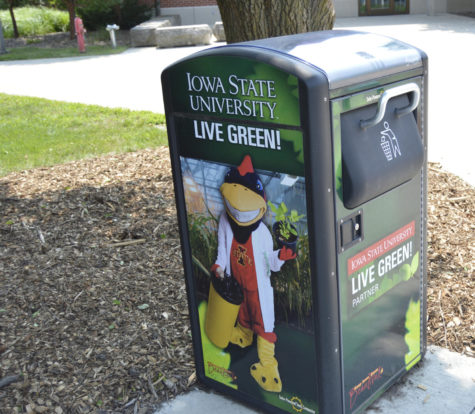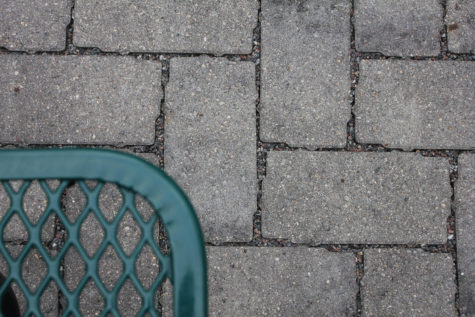Patagonia urges environmentally friendly practices
January 13, 2012
Appropriate winter wear is a necessity at Iowa State. If you are in the market for new winter clothing and accessories, consider buying items made of recycled materials.
The outdoor clothing company Patagonia designs and sells things to be useful to its customers and the environment. Patagonia is part of an alliance of businesses that contribute at least 1 percent of their annual net sales to groups of researched and approved environmental organizations.
In his book “Let My People Go Surfing,” Yvon Chouinard, founder of Patagonia, explained his environmental philosophy: “Despite near-universal consensus among scientists that we are on the brink of environmental collapse, our society lacks the will to take action. Patagonia exists to challenge conventional wisdom and present a new style of responsible business.”
Patagonia urges consumers to become a partner in the Common Threads Initiative. The Common Threads Initiative is a pledge that takes a couple seconds to complete on the company’s website. It reminds buyers to think about their impact on the environment. A person will pledge to “reduce excess consumption and give the planet’s vital systems a rest from pollution, resource depletion and greenhouse gases.” In addition, buyers pledge to follow the basic steps of reduce, repair, reuse, recycle and reimagine.
Patagonia offers a repair program for its clothing. The clothing will be returned within 10 business days. For example, the company collects worn-out polyester garments and send the items to Teijin for recycling into new polyester fiber, while still reducing the overall energy impact after transporting the garments from the United States back to Teijin. With the extra shipping, the program still yields energy savings of 76 percent and a reduction in greenhouse gas emissions of 71 percent, compared to the creation of polyester fiber from new, petroleum-based raw material.
Patagonia also recycles your worn-out gear into new fiber or fabric and repurposes what cannot be recycled. So far, the company has taken in 45 tons of clothing for recycling and made 34 tons into new clothes.









